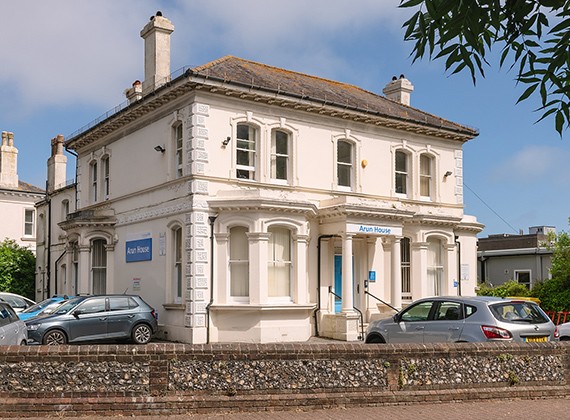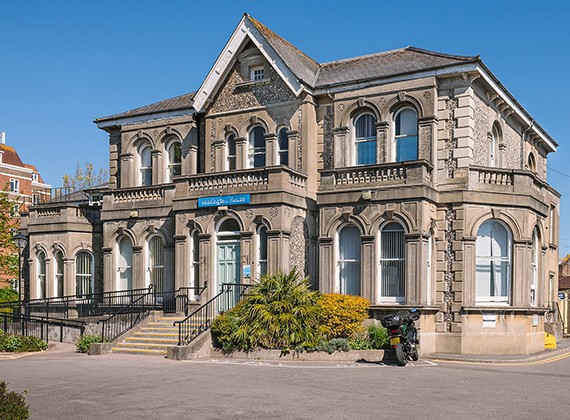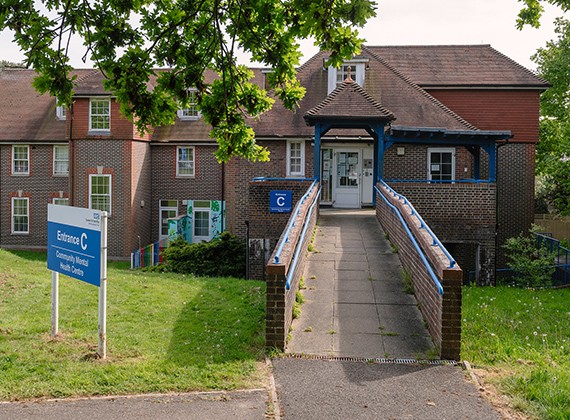After contacting the service, if an assessment is required, we will try and arrange this in a place of your choice. This might be your home, a café or youth centre. You’re welcome to attend with family, a friend, or a carer if you want to.
We will work with you to create a detailed assessment of your needs which will look at all aspects of your life. This will include your thoughts and feelings but also practical issues too.
If, after talking to you, we find the service could help you, you will be allocated a worker, known as a Lead Practitioner, who will work with you to identify your needs and create a care plan (you might hear this referred to as a Care Plan Approach or CPA).
The plan will include the targets you discussed with your Lead Practitioner, contact details for people who can help and information on what to do if you have a crisis or something unexpected happens.
The plan will be regularly reviewed to suit your needs and to check that it's helping you to get better.
We offer one-to-one talking therapies, like counselling and cognitive behavioural therapy (CBT), which may help you to explore thoughts and feelings that can affect behaviour and develop ways of coping with those experiences.
We can also offer practical help with housing, benefits and finances, support you in getting back to work, studies and other social and leisure activities and also work with friends and families.
We may use low doses of medication to help reduce the frequency, intensity and distress associated with unusual experiences. If we feel that medication might be appropriate, you will be offered an opportunity to discuss options with a doctor and the pharmacist from the team.
We believe it is important for you and others involved to have the right information to make choices about your care.
Mental health and illness could be influenced by many different areas of your life, for example emotional, genetic or social. Because of this, our six teams across Sussex are made up of professionals from a variety of backgrounds including doctors, nurses, social workers, occupational therapists, psychologists, pharmacists and community support workers.




